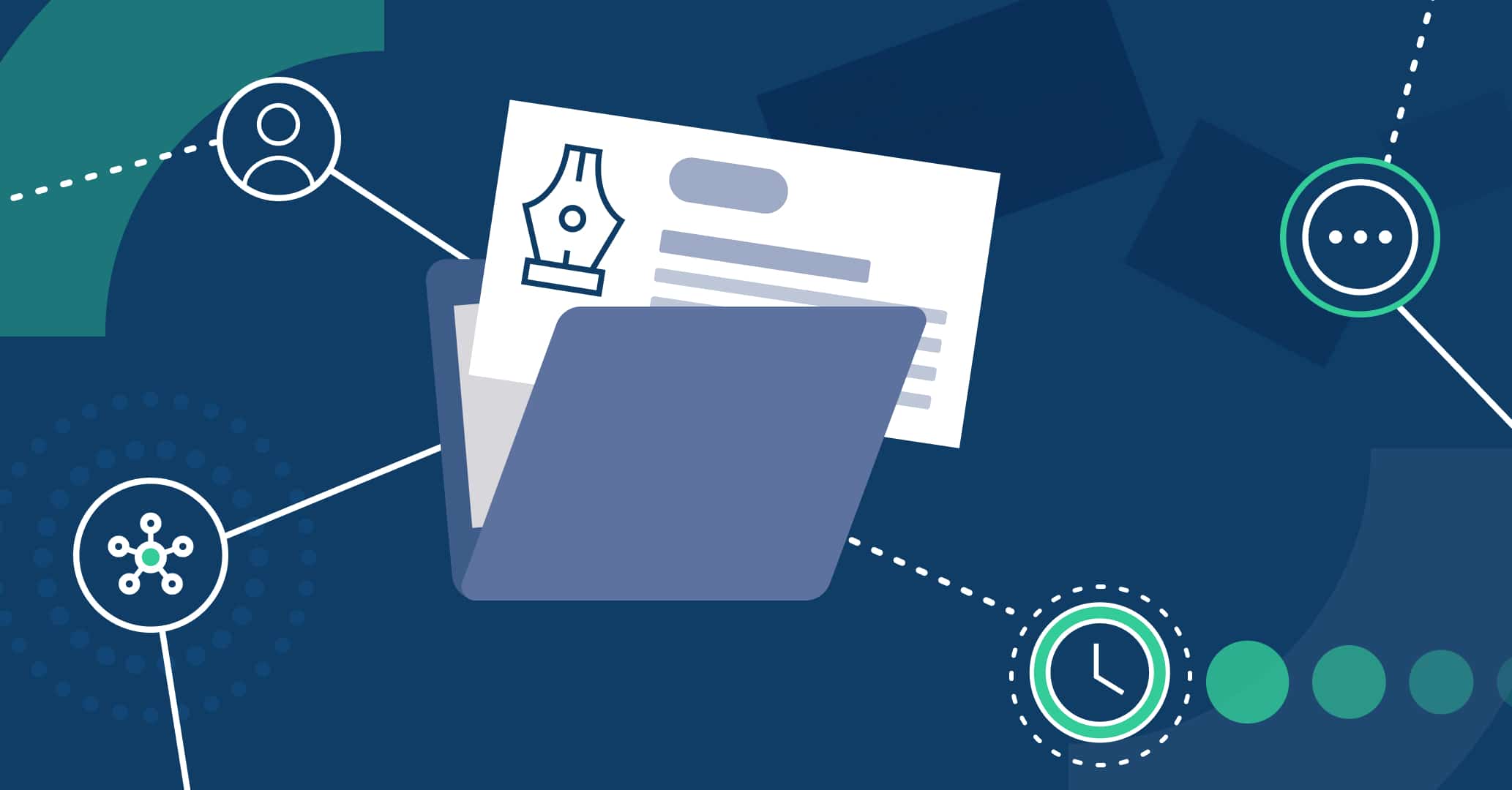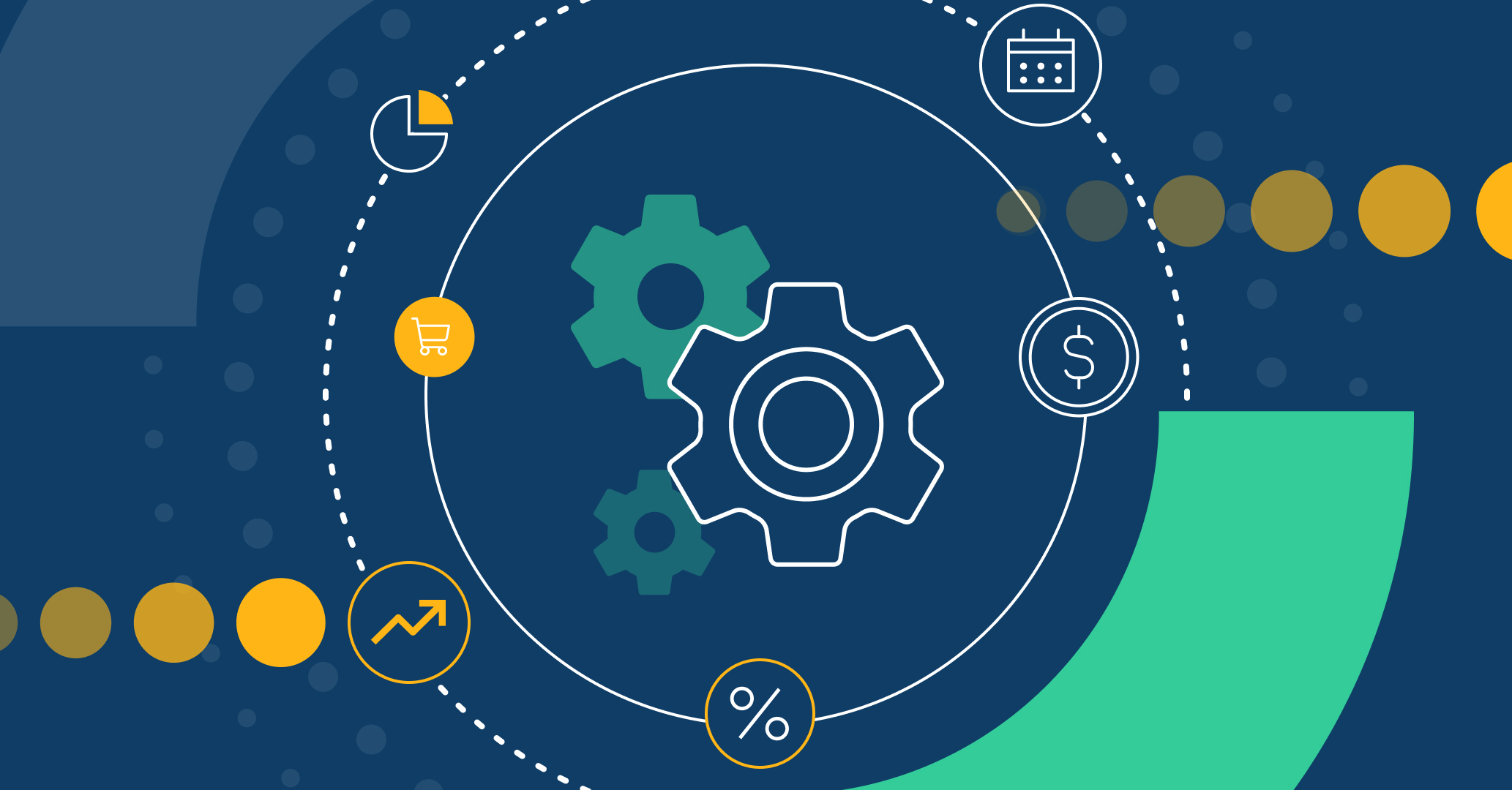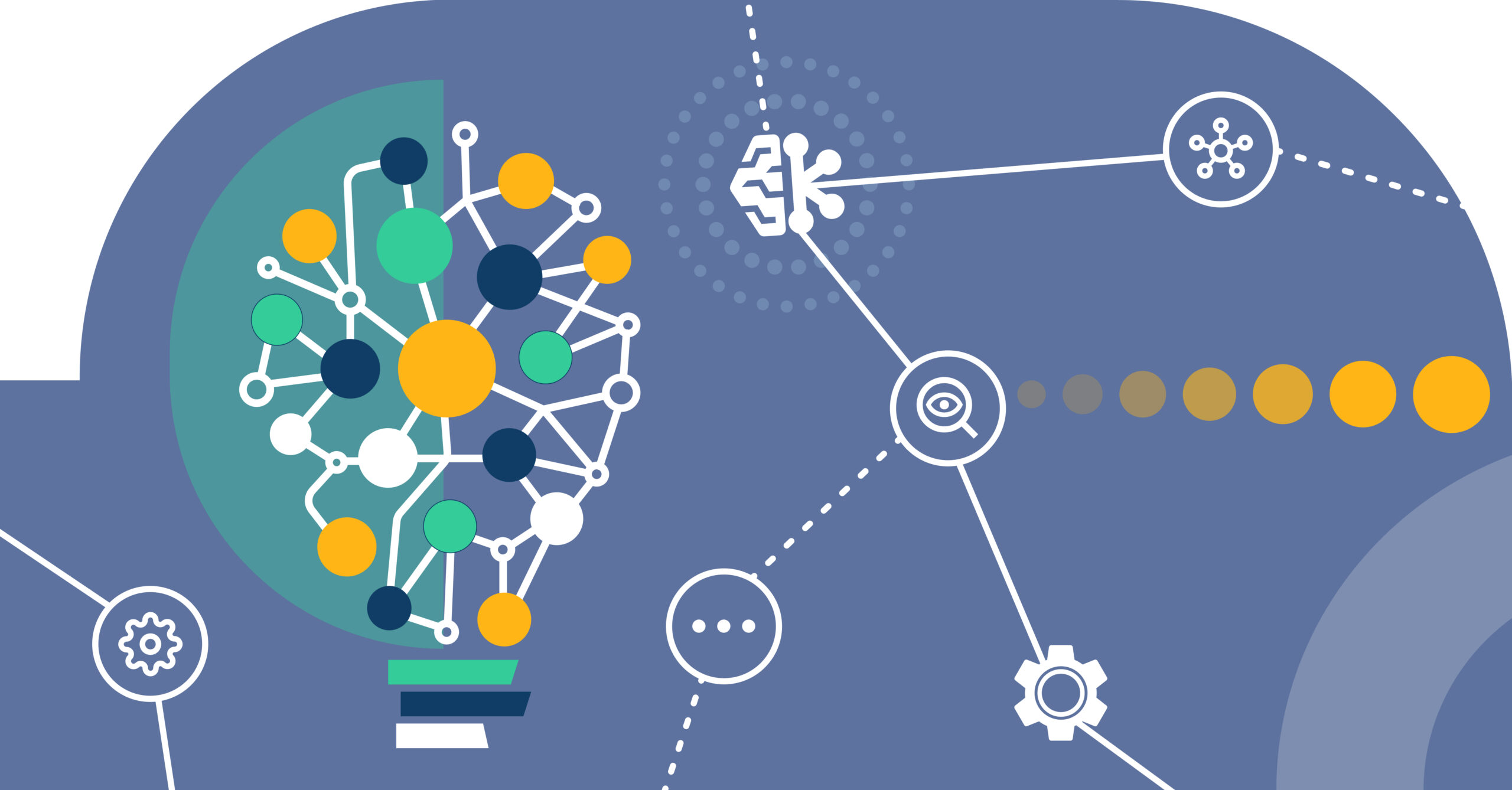- 1. Introduction
- 2. Understanding Purchase Management Systems
- 3. Global Expansion and Its Challenges
- 4. Role of Purchase Management Systems in Global Expansion
- 5. Enhancing Efficiency and Cost Savings
- 6. Ensuring Compliance and Risk Mitigation
- 7. Scalability and Integration with Other Systems
- 8. Choosing the Right Purchase Management System
- 9. Implementation and Adoption Challenges
- 10. Conclusion
In today’s interconnected world, businesses are increasingly expanding their operations beyond borders to tap into new markets and opportunities. As companies strive for global expansion, managing purchases across multiple locations becomes a complex task. This is where a robust global purchase management system can make a significant difference, streamlining procurement processes, ensuring compliance, and enhancing efficiency.
Introduction
When it comes to managing purchases on a global scale, organizations face unique challenges. Procurement processes become more intricate, vendor management becomes decentralized, and compliance requirements become diverse. A comprehensive purchase management system can provide the necessary tools and capabilities to overcome these challenges and enable businesses to expand their reach across borders.
Understanding Purchase Management Systems
What is a purchase management system?
A purchase management system is a software solution that helps businesses automate and optimize their procurement processes. It enables organizations to manage the entire purchase lifecycle, from requisition to payment, efficiently. By centralizing purchasing activities and providing real-time visibility into spend and inventory.
Benefits of implementing a purchase management system
Implementing a purchase management system brings numerous benefits to organizations, regardless of their size or industry. Some of the key advantages include:
- Streamlined procurement processes: Purchase management systems automate manual tasks, such as purchase requisitions and approvals, reducing errors and improving efficiency.
- Centralized vendor management: These systems provide a centralized repository for vendor information, enabling businesses to manage supplier relationships more effectively.
- Cost savings: By analyzing spending patterns and negotiating better terms with suppliers, organizations can identify cost-saving opportunities and optimize their purchasing strategies.
- Enhanced visibility: Purchase management systems offer real-time insights into inventory levels, delivery schedules, and purchase history, allowing businesses to make data-driven decisions.
- Improved compliance: With built-in compliance checks and approval workflows, these systems help organizations adhere to regulatory requirements and internal policies.
Global Expansion and Its Challenges
Importance of global expansion for businesses
Expanding globally opens up new markets, customer segments, and revenue streams for businesses. It allows organizations to diversify their operations, reduce dependence on a single market, and capitalize on emerging opportunities. However, global expansion comes with its own set of challenges.
Challenges faced in managing purchases globally
Managing purchases across different countries and regions presents several complexities. Some common challenges include:
- Language and cultural barriers: Dealing with vendors and negotiating contracts in different regions can be challenging due to language and cultural differences. Effective communication and understanding local business practices are crucial.
- Currency and pricing variations: Currency fluctuations and pricing differences across countries can impact purchase decisions and require careful consideration to ensure cost-effectiveness.
- Legal and regulatory compliance: Each country has its own set of regulations and compliance requirements related to procurement. Ensuring adherence to these regulations becomes vital to avoid legal complications.
- Supply chain complexities: Managing a global supply chain involves dealing with multiple vendors, logistics, and customs procedures. Coordinating these activities efficiently is essential to avoid delays and disruptions.
- Quality control and product standards: Ensuring consistent quality and compliance with product standards becomes more challenging when dealing with international suppliers.
- Data security and privacy: Managing sensitive procurement data across borders raises concerns regarding data security and privacy regulations.
Role of Purchase Management Systems in Global Expansion
To overcome the challenges mentioned above and successfully expand globally, businesses need robust purchase management systems with global capabilities. These systems play a crucial role in facilitating global expansion by providing the following benefits:
How purchase management systems facilitate global expansion
- Streamlined procurement processes: Global purchase management systems automate and streamline procurement processes, eliminating manual tasks and reducing human errors. This efficiency ensures that purchases are made smoothly across different regions.
- Centralized visibility and control: These systems offer centralized visibility into purchasing activities across various locations, enabling businesses to have better control over their global procurement operations.
- Standardized workflows and approvals: Purchase management systems enforce standardized workflows and approval processes, ensuring consistent practices and compliance across all locations.
- Supplier management and collaboration: These systems provide tools for effective supplier management, including vendor onboarding, performance evaluation, and collaboration. They enable businesses to maintain strong relationships with suppliers worldwide.
- Real-time analytics and reporting: Purchase management systems generate real-time analytics and reports, offering valuable insights into spending patterns, vendor performance, and compliance metrics. These insights help businesses make informed decisions and optimize their global procurement strategies.
Enhancing Efficiency and Cost Savings
Implementing a global purchase management system brings significant efficiency gains and cost savings. Here’s how:
Streamlining procurement processes
A purchase management system automates various procurement processes, such as purchase requisitions, approvals, and order placements. By reducing manual effort and streamlining workflows, businesses can save time and resources while ensuring purchases are made promptly and accurately.
Centralized vendor management
With a global purchase management system, businesses can centralize vendor management. They can maintain a comprehensive vendor database, track vendor performance, and negotiate favorable terms and pricing with suppliers. Centralized vendor management enables businesses to leverage their purchasing power and establish stronger relationships with suppliers worldwide.
Optimizing inventory and reducing stockouts
Global purchase management systems provide real-time visibility into inventory levels, demand forecasts, and delivery schedules. This visibility allows businesses to optimize their inventory levels, reduce stockouts, and avoid excess inventory. By maintaining optimal inventory levels, organizations can minimize carrying costs and improve cash flow.
Ensuring Compliance and Risk Mitigation
When expanding globally, organizations must navigate complex regulatory landscapes and mitigate potential risks. Purchase management systems play a crucial role in ensuring compliance and risk mitigation:
Regulatory compliance in international markets
Global purchase management systems incorporate regulatory compliance checks into their workflows. They help businesses adhere to international procurement regulations, import/export requirements, tax regulations, and other relevant compliance standards. By automating compliance checks, these systems minimize the risk of non-compliance and associated penalties.
Mitigating risks associated with global purchases
Purchase management systems enable businesses to assess and mitigate risks associated with global purchases. They facilitate thorough supplier evaluation and due diligence, ensuring that vendors meet quality standards, comply with ethical practices, and have financial stability. By mitigating supply chain risks, organizations can safeguard their operations
Scalability and Integration with Other Systems
As businesses expand globally, their purchase management system needs to be scalable and seamlessly integrate with other systems. Here’s how these systems support scalability and integration:
Scalability of purchase management systems for growing businesses
Global purchase management systems are designed to accommodate the growing needs of businesses. They can handle increased transaction volumes, support multiple currencies, and adapt to changing business requirements. Scalable systems ensure that businesses can expand their operations without limitations imposed by their procurement processes.
Integration with ERP and accounting systems
Purchase management systems integrate with enterprise resource planning (ERP) and accounting systems, creating a cohesive ecosystem. This integration enables seamless data flow between different departments and systems, eliminating manual data entry and ensuring accurate financial reporting. By integrating with other systems, businesses can achieve greater efficiency and enhance visibility across their entire organization.
Choosing the Right Purchase Management System
When selecting a global purchase management system, businesses should consider various factors to ensure the right fit. Here are some key considerations:
Factors to consider when selecting a global purchase management system
- Functionality and features: Evaluate the system’s capabilities, such as requisition management, vendor management, inventory control, analytics, and reporting. Ensure that the system offers the necessary features to support global procurement operations.
- Scalability and flexibility: Assess the system’s ability to scale as your business grows and adapt to evolving requirements. A flexible system allows customization to align with specific business processes.
- Integration capabilities: Consider the system’s integration capabilities with other essential systems like ERP, accounting, and inventory management. Seamless integration ensures data consistency and eliminates duplication of efforts.
- User-friendliness and ease of adoption: A user-friendly interface and intuitive workflows contribute to user adoption and productivity. Ensure that the system is easy to use and offers training and support for smooth implementation.
- Vendor reputation and support: Research the vendor’s reputation, customer reviews, and customer support services. Choose a vendor with a track record of providing reliable support and ongoing system updates.
Implementation and Adoption Challenges
Implementing a global purchase management system can pose some challenges. Here are strategies to overcome them:
Overcoming implementation challenges
- Clear project planning: Create a detailed project plan that outlines the implementation process, milestones, and responsibilities. Set realistic timelines and allocate sufficient resources.
- Engage stakeholders: Involve key stakeholders from different departments in the implementation process. Their input and buy-in are essential for successful adoption.
- Data migration and system integration: Plan for seamless data migration from existing systems to the new purchase management system. Ensure proper system integration to avoid data discrepancies and disruption to business operations.
- Comprehensive training: Provide thorough training to users on how to use the system effectively. Offer training materials, user guides, and ongoing support to facilitate a smooth transition.
- Training and user adoption strategies.
- Conduct training sessions: Organize training sessions to familiarize users with the purchase management system’s features and functionalities. Offer hands-on training and address any questions or concerns.
- Provide user support: Establish a support system where users can seek assistance in using the system. This can include a help desk, online resources, or a dedicated support team.
- Monitor adoption and provide feedback: Regularly monitor user adoption and usage patterns. Provide feedback and identify areas for improvement. Encourage user feedback to continuously enhance the system’s usability.
Conclusion
Expanding globally presents businesses with unique challenges in managing purchases across different regions. However, with the implementation of a robust global purchase management system, organizations can overcome these challenges and effectively expand their reach. Such systems streamline procurement processes, enhance efficiency, ensure compliance, mitigate risks, and enable scalability.






